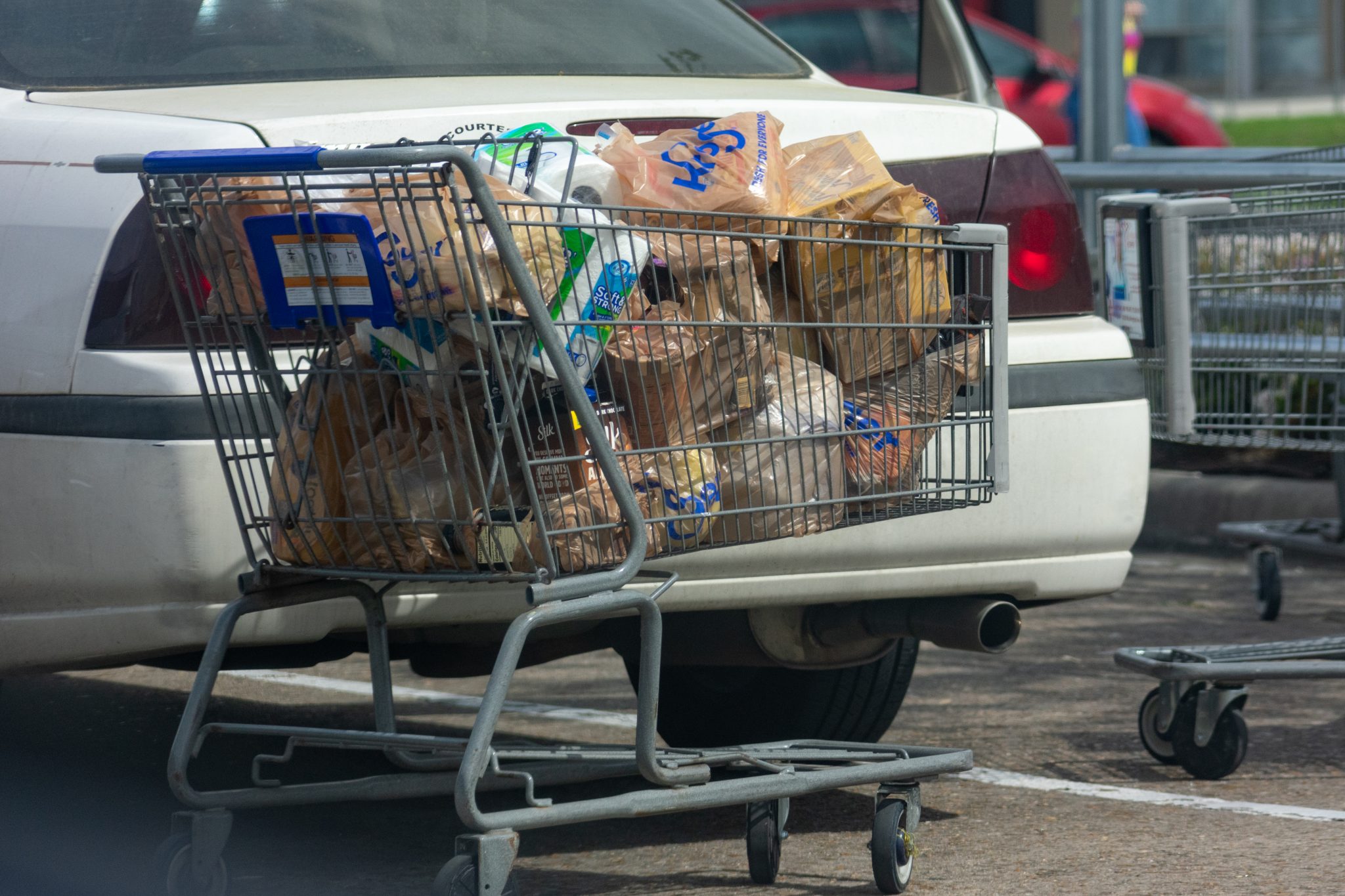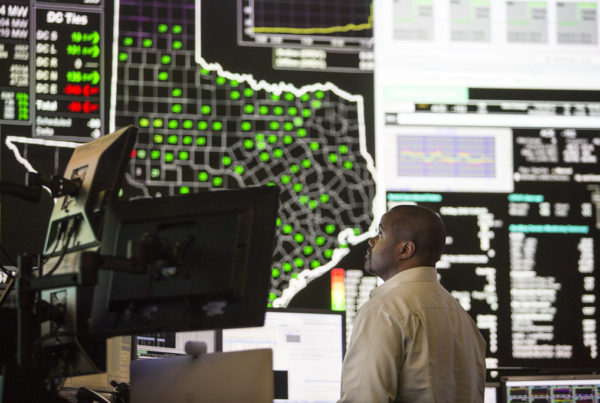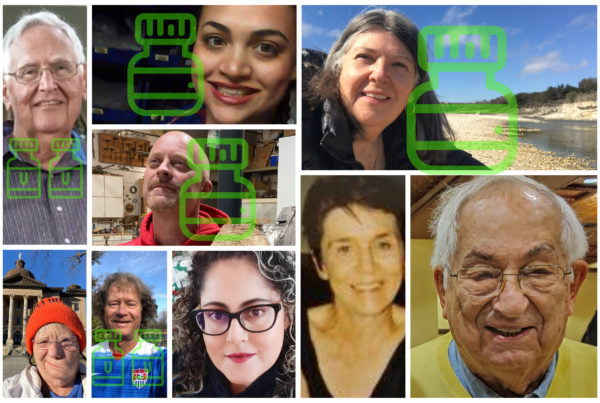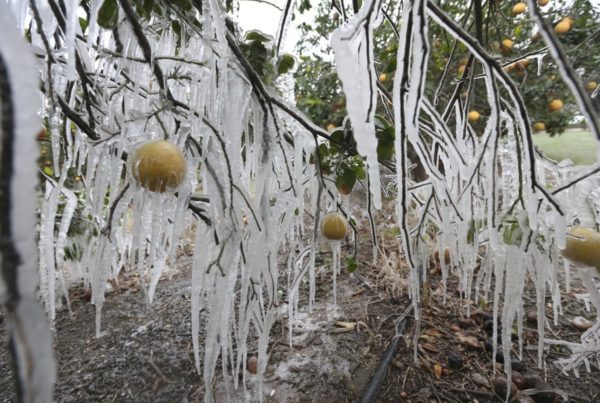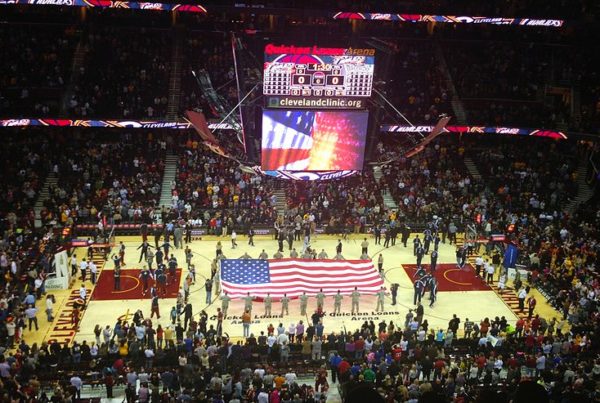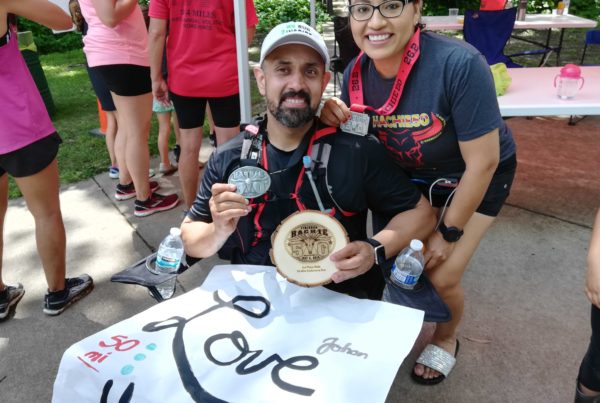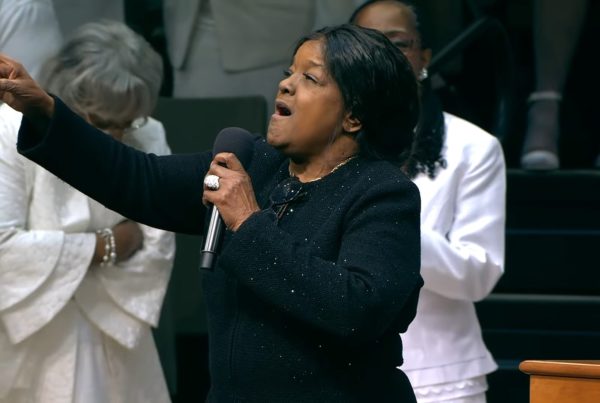Sara Willa Ernst is a corps member with Report For America, a national service program that places journalists into local newsrooms. Sara’s work at Houston Public Media is made possible with support from KERA in Dallas.
From Houston Public Media:
When health care workers were named the first group to get access to the vaccine, Houston-based dentist Craig Armstrong was really hopeful. The CDC published guidelines in early December specifically including dentists, hygienists, assistants and administrative staff.
Dentists are frequently exposed to droplets and aerosols produced by patients, the main modes of transmission for the coronavirus.
But when a few weeks later the Texas Department of State Health Services announced its phased vaccination plan, dental professionals were not explicitly included.
While some Texas dentists have received the vaccine, those decisions have relied on how individual vaccine providers interpret the state’s rules, Armstrong said.
“We’re in a handful of states in the nation where we haven’t actually been assigned a level designation,” said Armstrong, who is also the Texas trustee at the American Dental Association.
The Texas Dental Association has provided testimony petitioning the state to add dental professionals to the next vaccine group, currently under discussion by the Expert Vaccine Allocation Panel.
They’re not alone.
The state has received pleas from various groups of essential workers across Texas as it mulls who will be included in Phase 1C of its vaccine rollout — the next group to get vaccinated after frontline health care workers and long-term care facilities, people 65 years and older and people with underlying chronic health conditions — groups at higher risk for dying of COVID-19.
Many have pointed to CDC guidelines that recommend states prioritize certain essential workers even before those in the state’s 1B category, which started receiving doses in late December.
The decision was scrutinized by grocery workers that are at higher risk of exposure.
“How come essential workers and those most at risk have to wait?” said Dawn Hand, an employee at a Kroger store in Houston. “How much longer do we have to wait? We should have priority to the vaccine.”
Hand is a member of the United Food and Commercial Workers, which argues that maskless customers, understaffing and insufficient cleaning supplies are common occurrences on the job.
The union estimates that at least 500 Kroger workers in Houston have caught the virus since Christmas.
“All this makes you feel like you don’t matter,” Hand said. “It feels like leaders here in Texas have abandoned us essential workers. We’re asking our national elected leaders including President Biden to help us because companies like Kroger are not.”
Educators have been another vocal group asking for vaccine priority. State data shows that over 60,000 staff members have been infected by the coronavirus.
Ovidia Molina, president of the Texas State Teachers Association, said teachers are not only dealing with the pandemic, but also tight budgets, putting a lot of pressure on educators.
“We have to always compensate for the failings of our state and we’re tired of it,” Molina said. “We keep being told that we’re essential when it benefits the state, but we’re not treated as essential when it doesn’t.”
The next prioritized groups in phase 1C will not be announced for at least a few more weeks, according to the Texas Department of State Health Services. During a call with reporters on Thursday, DSHS Associate Commissioner Imelda Garcia said a limited number of doses is ultimately what’s holding the agency back from making a decision.
“It really is based on vaccine supply,” said Garcia. “The more vaccine that comes to the state every week helps us accelerate how quickly we can get through our 1B population.”
Houston Public Media education reporter Laura Isensee and intern Myrakel Baker contributed to this report.


